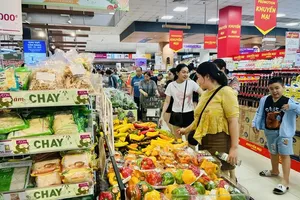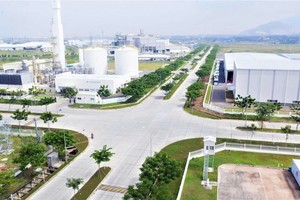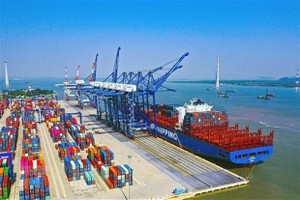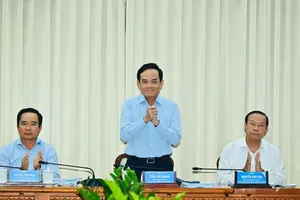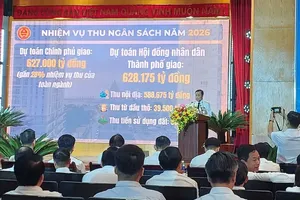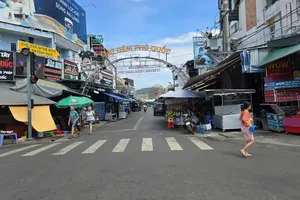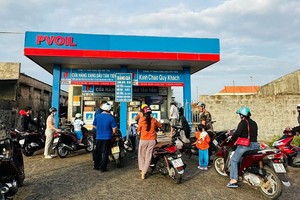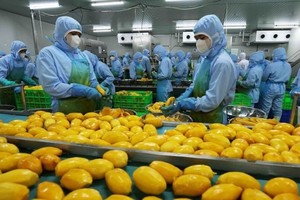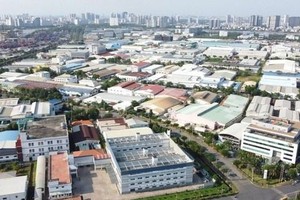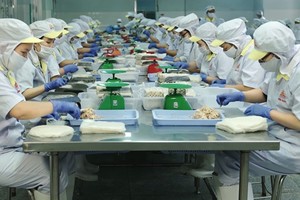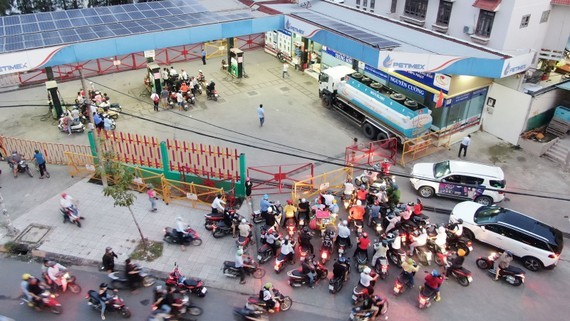
The core reason of a temporary fuel shortage in the country lately is because after storing a large amount for speculation purposes, certain wholesalers are now facing profit loss as the retail prices continuously drop. They have decided to sell their merchandise in small volumes, with priority to gas stations in their system, in hope of reducing this loss as much as possible.
It is also believed that the shortage in the Southern region is due to smuggled and fake gasoline lines having been effectively eliminated. Formerly, even with a zero percent discount, fuel retailers still somehow obtain certain profit amounts. However, when smuggled gasoline lines are stopped, these sellers encounter profit loss, and thus feeling discouraged.
Another reason for this profit loss is the miscalculation of all expenses when identifying the base price for fuel. Therefore, the Ministry of Industry and Trade has worked with the Finance Ministry to adjust this base price, counting all possible surcharges, costs, and premiums in the upcoming price regulation on October 11, in hope of helping wholesaler businesses to increase the discount rate for retailers.
In a long term, the management responsibility of the Ministry of Industry and Trade should be better clarified. At the time detecting signals of hoarding fuel to wait for price rise, this Ministry has already formed inspection teams. Nevertheless, these teams just checked 17,000 retailers, not 33 wholesalers, and therefore cannot clearly address the problem one and for all.
Minister of Finance Ho Duc Phoc yesterday stated that the Ministry of Industry and Trade is in charge of monitoring both wholesaling and retailing activities for this merchandise, or in short, the maintenance of a stable petroleum supply, logical intermediary and administrative costs of fuel businesses. More importantly, it is necessary to establish a flexible and effective apparatus to reduce intermediary expenses.
In addition, it is advisable to strengthen data connection with the customs in order to monitor imported fuel volumes as requested by the Government, to control the petroleum distribution flow for more effective governance. The Fuel Price Stabilization Fund should be eliminated. When the international fuel prices go down, the corresponding domestic prices fall disproportionately due to the need to increase the setting up of this fund or to compensate for the previous negative amount.
